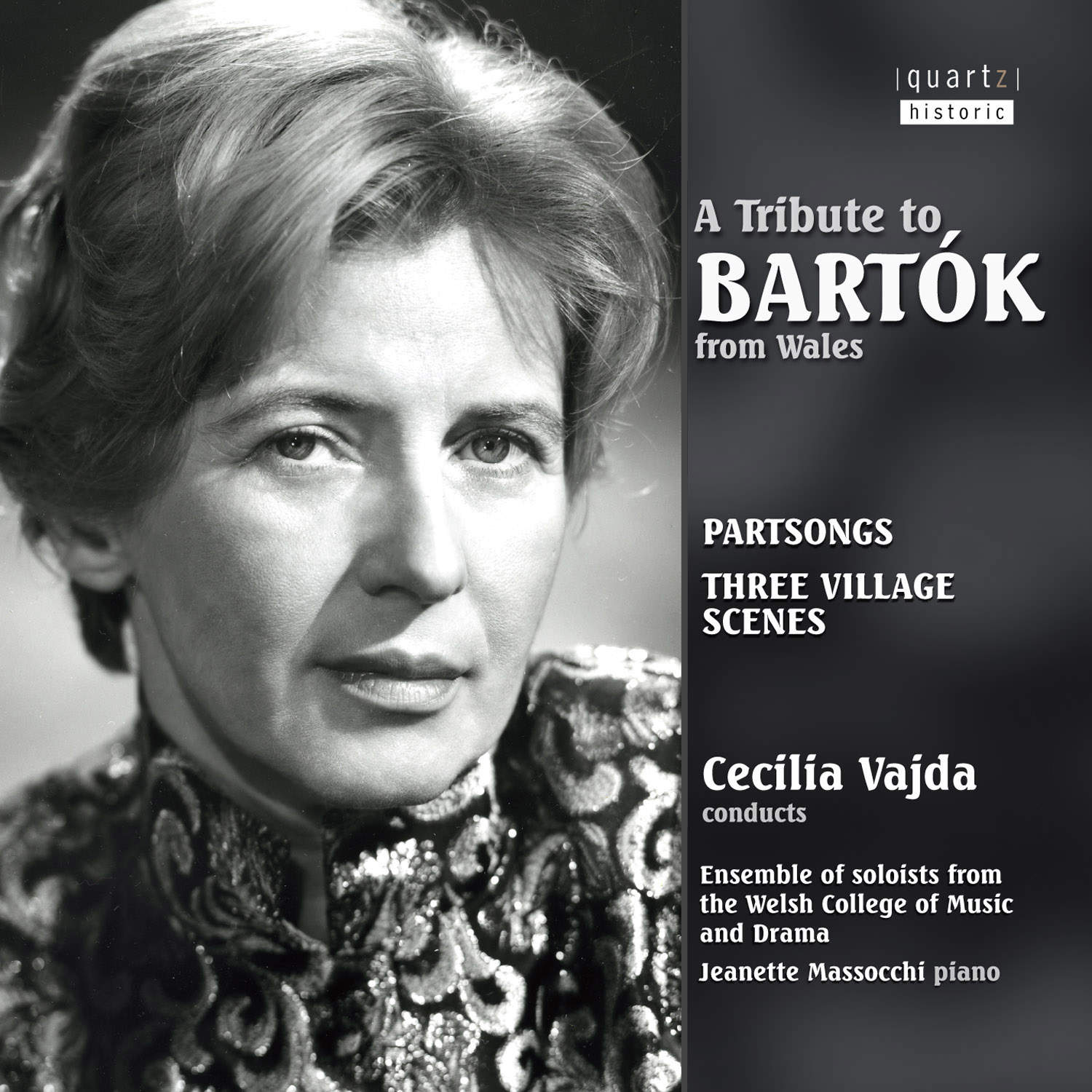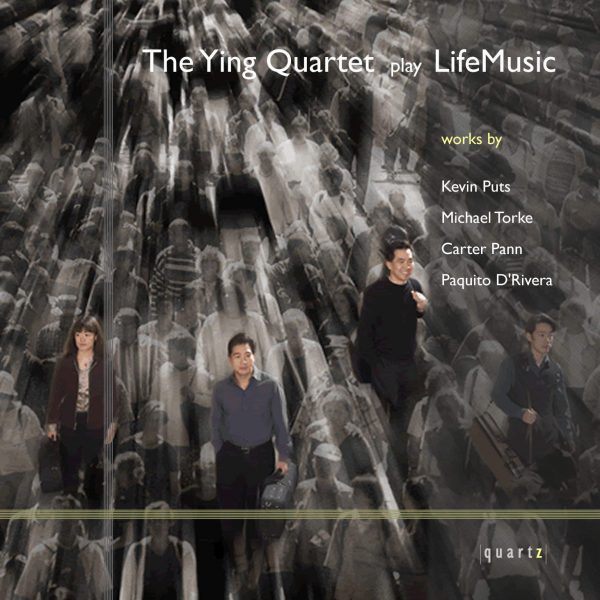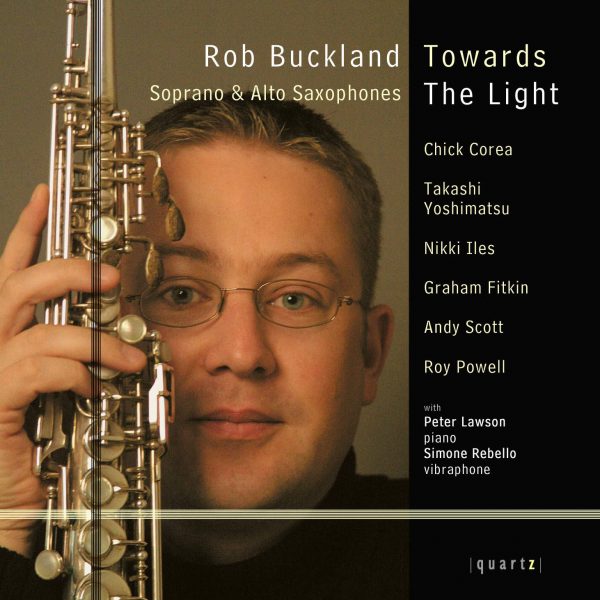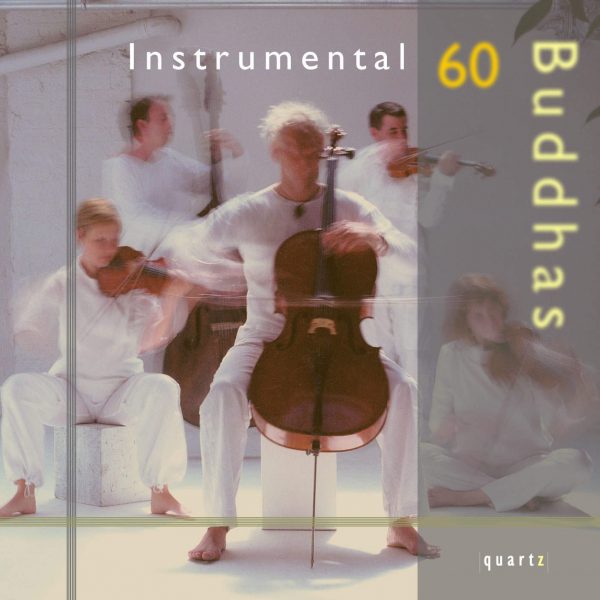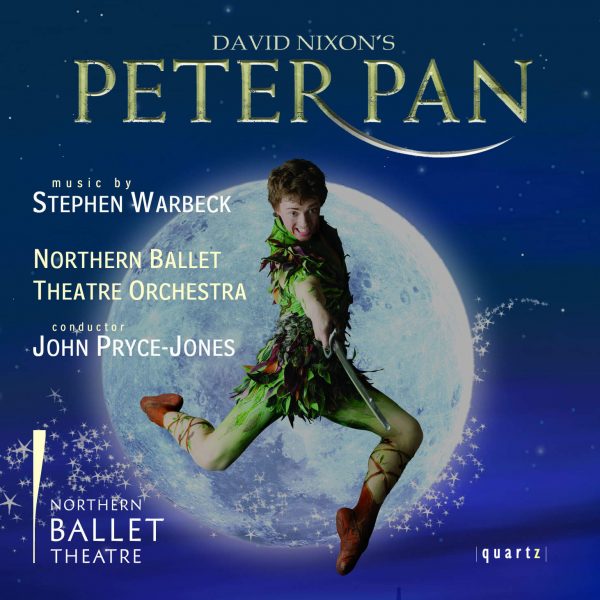A Tribute to Bartók from Wales
£5.99 – £11.99
Partsongs
Three Village Scenes
Ensemble of soloists from the Welsh College of Music and Drama
Jeanette Massocchi, piano
This CD was initially brought out in 1981 to commemorate the Bartók Centenary Year. It was designed by Cecilia Vajda to help School Choirs, College Ensembles and Adult Amateur Choral Groups in their approach to Bartók.
The performers on this CD were students of the Welsh College of Music and Drama who gave concerts annually under their founder and director Cecilia Vajda.
About This Recording
A TRIBUTE TO BARTÓK FROM WALES
Bela Bartók’s instrumental music is well known in this country, but not so his choral works and, in particular, the 27 unaccompanied partsongs for equal voices which we should regard as precious miniatures. In painting, it does not often happen that the same artist excels in both gigantic works and miniatures, but in music we have many examples of this.
The Bartók partsongs show an accomplished technique of vocal polyphony, thus the choirs brought up on renaissance and baroque music, including the works of the English Madrigal School, will have the technical resources to approach the 20th Century madrigals of Bartók. Provided that the singers open their minds, their hearts and, above all, their ears – they will find Bartók’s distinctive language and harmonies as delightful as they really are and his rhythms fascinating. The folk music of Eastern Europe always gave great inspiration to Bartók, hence the powerful rhythmic quality in many of his compositions.
The partsongs, through their words chosen by the composer and through the ways he sets them to music, reveal a great deal about Bartók’s inner life. He was a very reserved person, hardly approachable even by his closest friends, but his soul was open and ever will be for the interpreters who approach him through his music. The
texts of the partsongs are selected from folk poetry, but modified by the composer. The subjects vary from joy to sorrow, from hope to frustration, but the emotions are always controlled and well balanced. It suited Bartók to choose the sincere but never sentimental words of anonymous folk poets. A few songs speak about Nature which for Bartók meant purity, strength, freedom. It is easy to discover in the closing sentence of a short trio, the Song of the Bird the same thought: “Drinking the silver dew” – that Bartók expressed in his great choral work: Cantata Profana: “Drinking only from clear springs”. This idea was, in fact, a reflection of the attitude that permeated the man and the musician.
It is a very challenging task for any choir to find means for the expression of the various moods and very intimate feelings of the partsongs. Searching for the means will enrich the singers artistically and humanely and finding the ways will achieve true interpretation. Tracks 1 – 9 present the most intimate pieces as duos and trios, thus emphasising the chamber music quality of the songs. This approach, however, can only be copied if the individual singers are competent enough to cope with the individual lines as soloists. Whilst I wish to show that such a solution is possible, I have to stress that the Bartók partsongs are performed usually by choirs. If the choir of equal voices is a girls’ or a women’s choir, the performance can use the keys in which the pieces were written or the key can be, perhaps, a semitone higher. In the case of male voice choirs, the partsongs have to be transposed – at least – a minor third higher.
Tracks 10 – 12 bring partsongs of a much sunnier mood – due to the lighter content and certain teasing element in the folk poems. These partsongs, therefore, might appeal to good school choirs of primary age.
The most demanding item suitable only for experienced singers and more mature voices available in Secondary Schools and Colleges, is the Three Village Scenes, namely tracks 13 – 15. This work is the shortened choral arrangement of the original version for solo voice and piano, although the present version can also be performed by four or eight solo voices (women) and with a chamber orchestra. Since the orchestration is very rich and the lines demand technical brilliance from the players, I consider the piano score a more practical solution, although I emphasise that it is not just a piano accompaniment, but the piano version of the score for chamber orchestra and that this score, too, requires the technical and musical accomplishment of a solo pianist.
Both the words and the songs in the Three Village Scenes come from Zólyom – a county in Slovakia. It is worth mentioning that Bartók was the first scientific collector of both Slovak and Romanian folk music – in addition to his collecting work in Hungary – a task that he shared with Kodály. In Slovak folk music, it was certainly the tonality that fascinated him; the Lydian mode, characteristic of a great number of Slovak folksongs, might sound strange to ‘Western ears’, but Bartók’s musical language completely absorbed this element. It has become a part of his tonal world, as it has in many of his instrumental pieces.
By presenting the partsongs and the Three Village Scenes in English and not in the original Hungarian or Slovak languages, I hope that we can take the listener nearer to these compositions. Although I agree that vocal music should be performed, if possible, in the language in which it was written and I follow this principle when teaching Italian, French or German music to my Vocal Groups – as a Hungarian, I know only too well the difficulty that my native tongue presents to foreigners. The main danger is that choristers start to concentrate on words, the meanings of which they do not know and so, no matter how clearly the music conveys the meaning, they fail to express it – their main endeavours being taken up in trying to convey the correct pronunciation. I believe that the translations present the pieces in singable English, with the correct meanings on the whole. In those cases, however, where the translation distorted the musical phrase or rhythmic pattern of the composed music, I have tried to find better solutions to put back the Bartókian phrase or rhythm and I have also made alterations, very occasionally, when the meaning deviated from the original. Since I provided the literary translations for the English versions to the Publishers, I think that I have both the right and the duty to improve the words in this way.
May this CD fulfil its aim and promote Bartók’s choral music amongst the excellent choirs of this country which will, in turn, bring Bartók to a wider audience.
Original note written by Cecilia Vajda
Cecilia Vajda died in November 2009
Track Listing
-
Bela Bartók
- Michaelmas Greeting
- Now has the Songbird Flown
- Lonely Wanderer
- Had I never seen you
- Choosing a Girl
- Song of Loneliness
- Lover's Farewell
- Song of the Bird
- Pillow Dance
- Mocking of Youth
- Hussar
- The Wooing of the Girl
- Wedding
- Lullaby
- Lad's Dance
